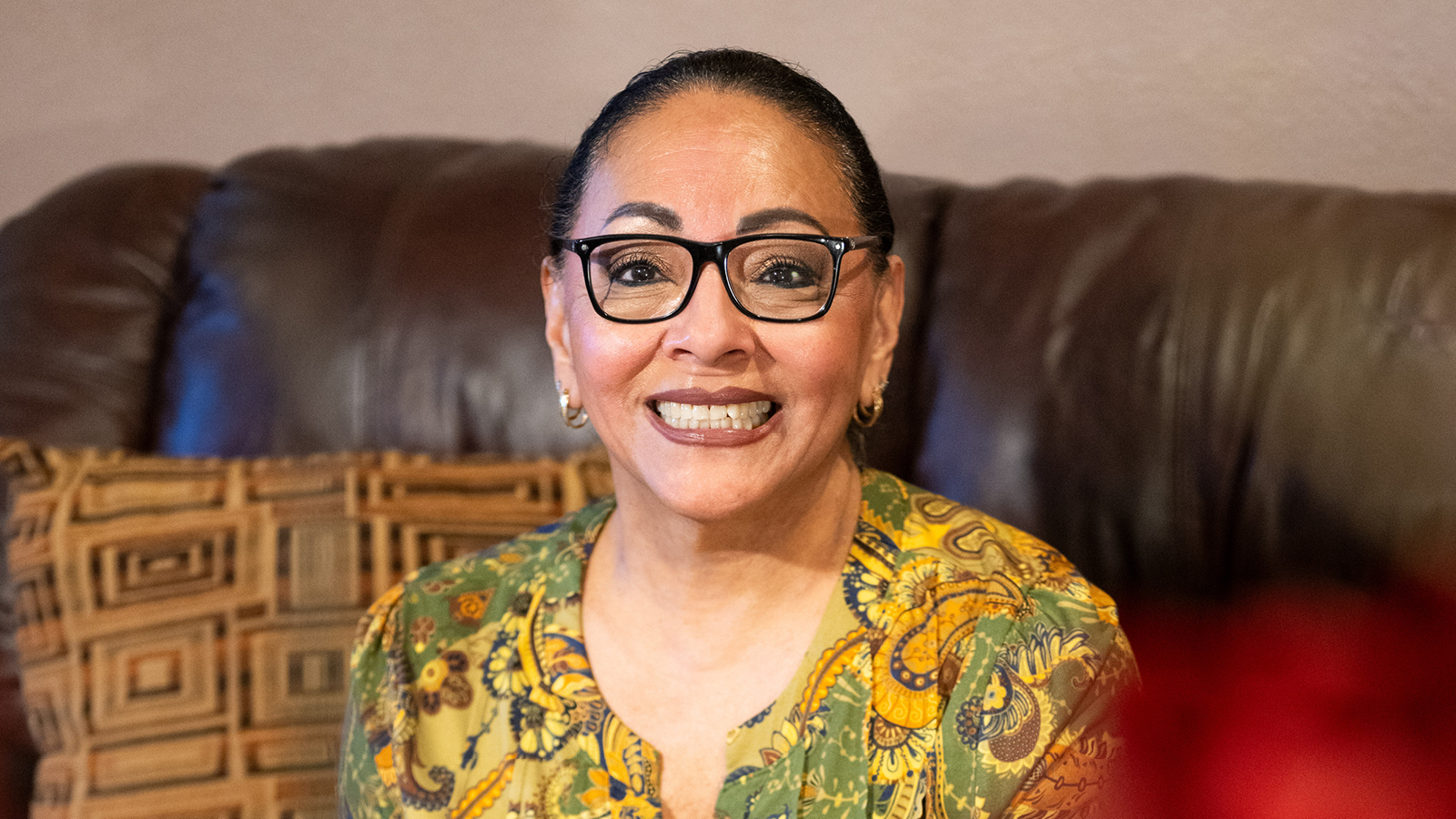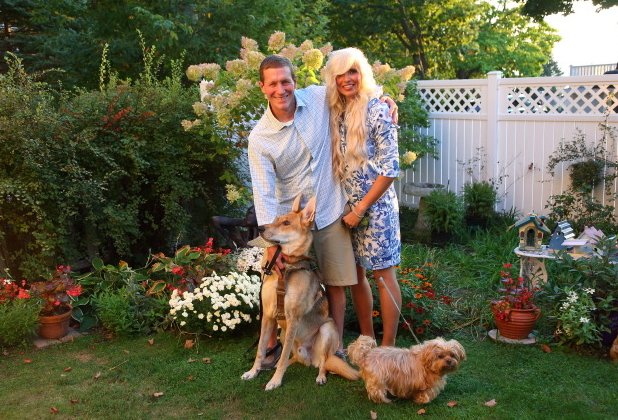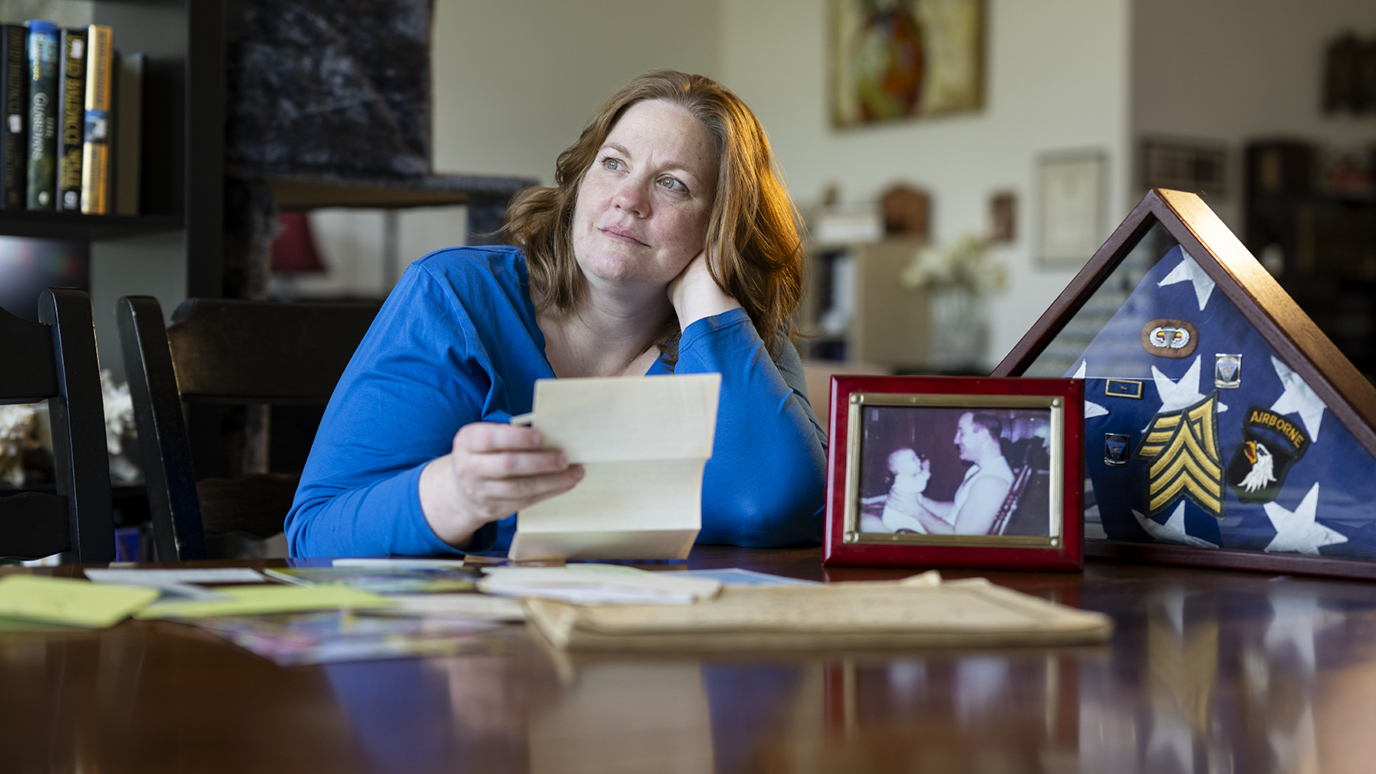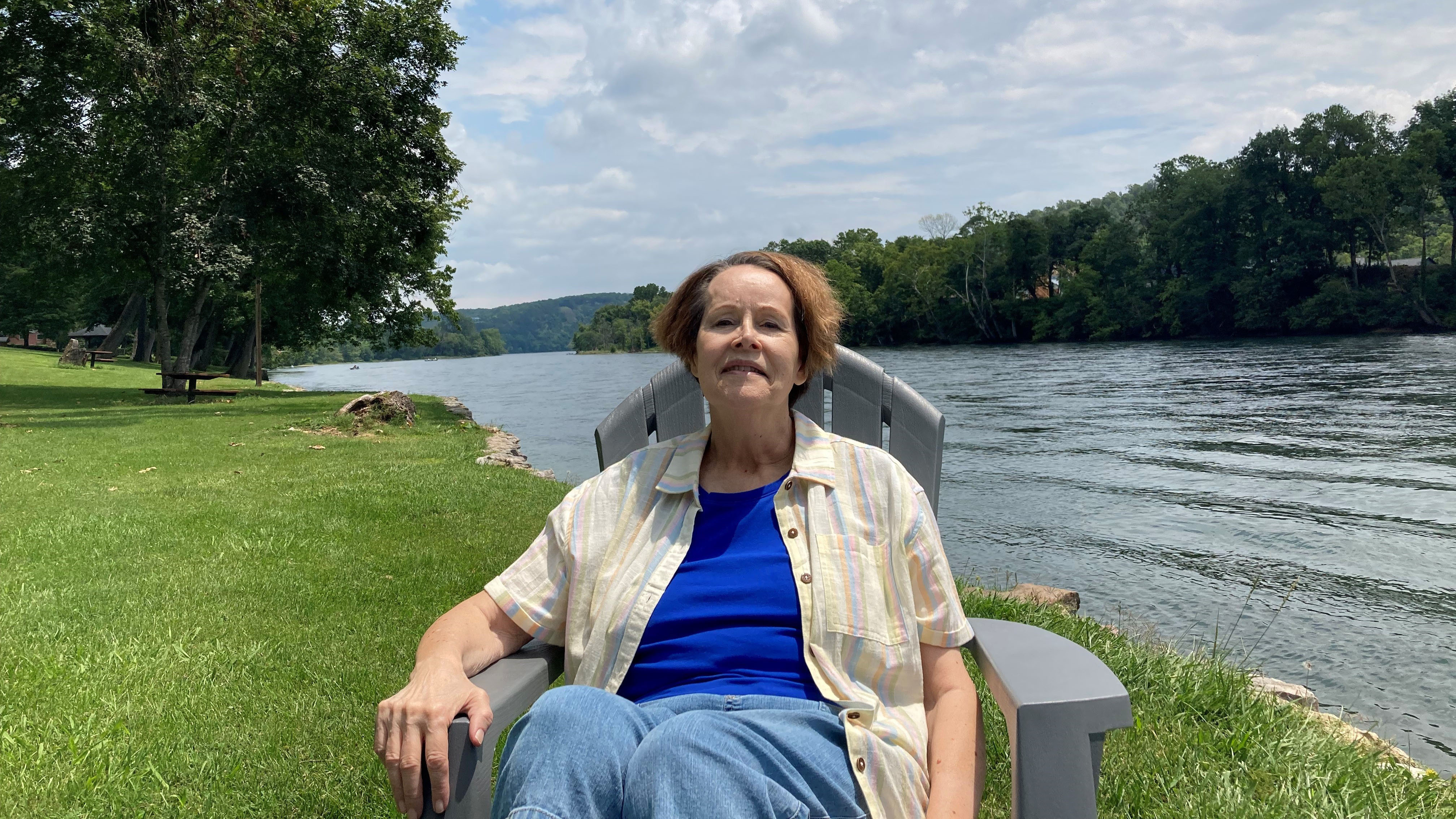- Diseases
- Acoustic Neuroma (14)
- Adrenal Gland Tumor (24)
- Anal Cancer (68)
- Anemia (2)
- Appendix Cancer (16)
- Bile Duct Cancer (26)
- Bladder Cancer (72)
- Brain Metastases (28)
- Brain Tumor (232)
- Breast Cancer (714)
- Breast Implant-Associated Anaplastic Large Cell Lymphoma (2)
- Cancer of Unknown Primary (4)
- Carcinoid Tumor (8)
- Cervical Cancer (158)
- Colon Cancer (166)
- Colorectal Cancer (118)
- Endocrine Tumor (4)
- Esophageal Cancer (44)
- Eye Cancer (36)
- Fallopian Tube Cancer (8)
- Germ Cell Tumor (4)
- Gestational Trophoblastic Disease (2)
- Head and Neck Cancer (12)
- Kidney Cancer (128)
- Leukemia (342)
- Liver Cancer (50)
- Lung Cancer (286)
- Lymphoma (278)
- Mesothelioma (14)
- Metastasis (30)
- Multiple Myeloma (100)
- Myelodysplastic Syndrome (60)
- Myeloproliferative Neoplasm (6)
- Neuroendocrine Tumors (16)
- Oral Cancer (100)
- Ovarian Cancer (172)
- Pancreatic Cancer (160)
- Parathyroid Disease (2)
- Penile Cancer (14)
- Pituitary Tumor (6)
- Prostate Cancer (146)
- Rectal Cancer (58)
- Renal Medullary Carcinoma (6)
- Salivary Gland Cancer (14)
- Sarcoma (238)
- Skin Cancer (296)
- Skull Base Tumors (56)
- Spinal Tumor (12)
- Stomach Cancer (64)
- Testicular Cancer (28)
- Throat Cancer (92)
- Thymoma (6)
- Thyroid Cancer (98)
- Tonsil Cancer (30)
- Uterine Cancer (80)
- Vaginal Cancer (16)
- Vulvar Cancer (20)
- Cancer Topic
- Adolescent and Young Adult Cancer Issues (20)
- Advance Care Planning (10)
- Biostatistics (2)
- Blood Donation (18)
- Bone Health (8)
- COVID-19 (362)
- Cancer Recurrence (120)
- Childhood Cancer Issues (120)
- Clinical Trials (632)
- Complementary Integrative Medicine (22)
- Cytogenetics (2)
- DNA Methylation (4)
- Diagnosis (232)
- Epigenetics (6)
- Fertility (62)
- Follow-up Guidelines (2)
- Health Disparities (14)
- Hereditary Cancer Syndromes (126)
- Immunology (18)
- Li-Fraumeni Syndrome (8)
- Mental Health (116)
- Molecular Diagnostics (8)
- Pain Management (62)
- Palliative Care (8)
- Pathology (10)
- Physical Therapy (18)
- Pregnancy (18)
- Prevention (918)
- Research (392)
- Second Opinion (74)
- Sexuality (16)
- Side Effects (604)
- Sleep Disorders (10)
- Stem Cell Transplantation Cellular Therapy (216)
- Support (402)
- Survivorship (322)
- Symptoms (182)
- Treatment (1786)
3 things I’ve learned from my wife’s brain cancer relapse
BY Guy Lipof
4 minute read | Published February 12, 2020
Medically Reviewed | Last reviewed by an MD Anderson Cancer Center medical professional on February 12, 2020
Prior to my wife’s glioblastoma diagnosis in 2013, I traveled a lot for my job, both inside and outside the U.S. That arrangement worked out pretty well, even after Susie’s first brain cancer diagnosis in 1999, because she had surgery and joined a clinical trial at MD Anderson that left her cancer-free for 14 years.
But I think we underestimated how difficult things were going to be the second time around. We just assumed that because she’d done so well the first time, we might have a similar experience.
Unfortunately, Susie had different and more severe side effects from treatment. Her body just wasn’t as strong as it had been when she was 34. It took us by surprise.
Here are three things I’ve learned from that experience.
Be specific when asking for help
The most debilitating side effect Susie experienced was a pontine (brain stem) stroke in 2015. It was likely caused by a weakening of blood vessels from two full rounds of radiation therapy.
After that, I could no longer travel for my job. Susie needed more dedicated care. The stroke left her unable to work or perform many basic functions. She had to relearn how to walk, bathe and feed herself, among other things.
In hindsight, balancing Susie’s care with my job and two teenagers was pretty overwhelming. I probably should’ve asked for help. It took our youngest asking for help on Facebook for me to realize how eager friends and family were to jump in, and that I really needed the help. I just had to ask and be specific about what and where.
Today, I do most of my work early in the morning, well before Susie wakes up. I don’t need regular help. But when we do need something, we have lots of friends and family at the ready.
Focus on what you can control — and set goals
When someone has neurological damage, like from brain cancer or a stroke, it’s important to concentrate not on what they’ve lost, but on helping them regain the critical skills they need to function and be happy. That means focusing on what you can control, not on what you can’t. It’s important to continue to set goals, too, so that things keep getting better and you still have fun.
Susie used to be an avid photographer, but her neurological challenges make operating a camera too complicated. So, I take the pictures, and Susie poses. Susie still can’t drive or work, but thanks to extensive rehab, she can shower on her own, fix her own coffee and even go up and down the stairs in our home unassisted. Considering where she was four years ago, that’s pretty amazing.
I still work from home to stay close to Susie. But I look at my role as more of a care partner than a caregiver. It’s more about cooperation than about taking care of my wife. Mostly, I’m just hanging out and being a friend. As a husband, I feel like that’s an important distinction to make.
Of course, there are certain things Susie can’t do anymore, so in some ways, her life is limited. But she can still chop vegetables and help me prepare lunch or dinner, even if we’d prefer she not use the stove or handle hot liquids. And we still take walks, watch our favorite TV shows and socialize with friends and family. She’s still the same caring, beautiful person she was before, with the same wonderful soul. So, our life now is mostly about doing what we enjoy together.
Don’t procrastinate: live now
Probably the biggest change we’ve made since Susie’s recurrence is to stop putting things off. Even after her first diagnosis, we started actively planning what we wanted to do and see next between her cancer follow-up appointments. As a result, we’ve travelled all over the U.S. and Europe, and we even lived in the United Kingdom for five years.
Our recent travels have mostly excluded wintry destinations, as Susie doesn’t tolerate cold very well anymore. But last year, we went to Israel for a wedding and the U.K. to visit dear friends. And this summer, we are planning to attend a nephew’s wedding in California and a friend’s 50th birthday in Switzerland. There’s still so much for us to look forward to. So whenever something comes up, we go for it.
Request an appointment at MD Anderson online or by calling 1-877-513-0722.
Related Cancerwise Stories

There’s still so much for us to look forward to.
Guy Lipof
Caregiver





